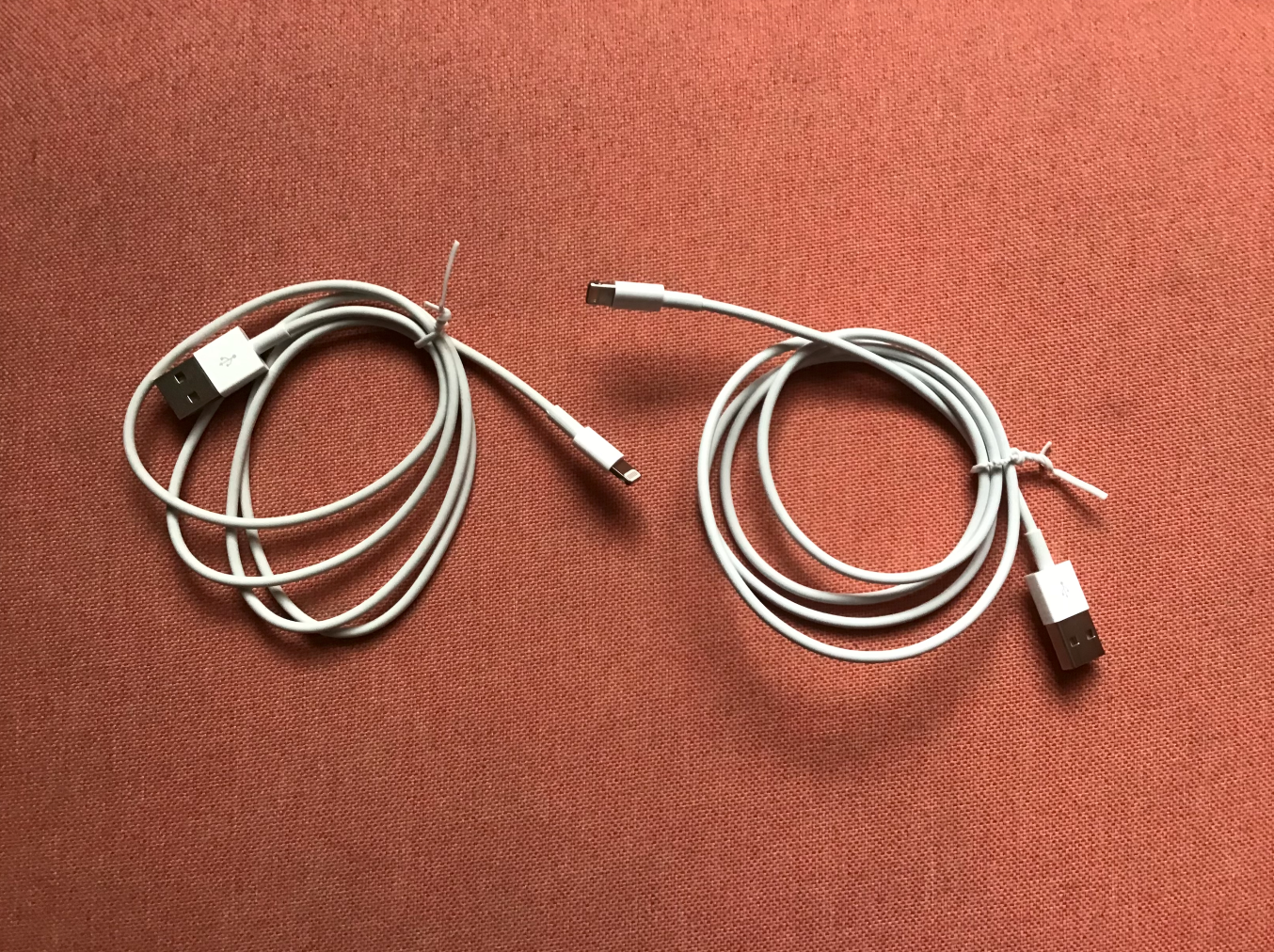Everyday electronics can be turned against you
No one is truly immune from cyberattacks.

Any electronics can be weaponised to hack you, including a plain-looking USB cable - no one is truly immune.
This UnfilteredFriday, I want to talk about hacking.
The uncomfortable reality: No man on the street can withstand the full brunt of a state-sponsored attack.
National security
When the US first imposed the first of its bans on Huawei and called it "national security" without batting an eyelid, I could only shake my head.
As I thought, it was really a new form of economic warfare. Today, there are over 200 Chinese firms subject to various trade restrictions and export controls.
But I'm not here to talk politics. My point: everything can be classified under national security, even running shoes for the military to keep fit.
Supply chain security
When thousands of "low-tech" pagers exploded minutes apart in Lebanon earlier this year, it opened a new page in supply chain attacks.
Supply chain attacks are not new. It's just that they were never quite so... lethal. But now Pandora's box is opened.
But in a world reliant on electronics for work, play, and fighting wars, governments are angling for every possible advantage ahead of the next conflict.
With the resources of the state at their disposal, they are turning to:
- Planting backdoors in software.
- Installing undetectable mobile malware.
- Modifying electronics or computer hardware.
And people like me and you are caught in the crossfire.
Let me lend you my cable
I was intrigued when I read about the O.MG pen testing cable this week, which comes with a hidden antenna built into the cable itself.
While it's a specialist tool sold to cybersecurity specialists for use by "Red Teams", it does mean that we can already build sophisticated hacking functionality into unmarked USB cables.
- Managed directly over its built-in Wi-Fi.
- Steal everything you type (keylogging).
- Behaves like a normal USB-C connector.
What's more, a scanner manufacturer imaged one of them with an advanced 2D X-ray and concluded that the electronics (really, a small computer) are hidden from normal X-ray scans.
Let me say this: You can make yourself a very hard target for hackers. But it's practically impossible to thwart a concerted attack, especially from organisations with virtually unlimited resources.
Anyway, I have a USB-C cable to lend you. You want?
How are you making it harder for hackers to get you?




